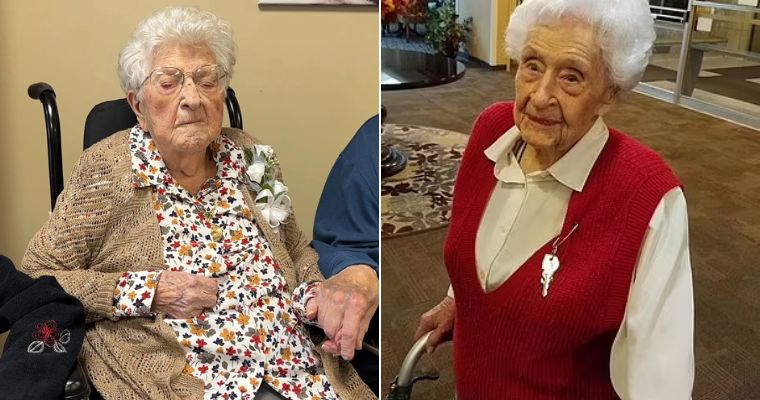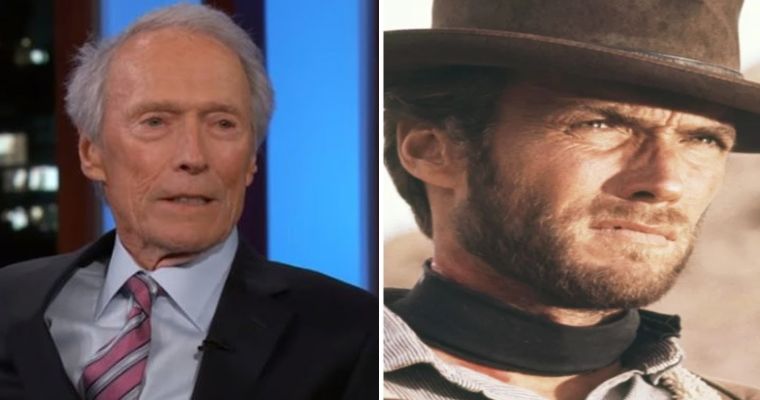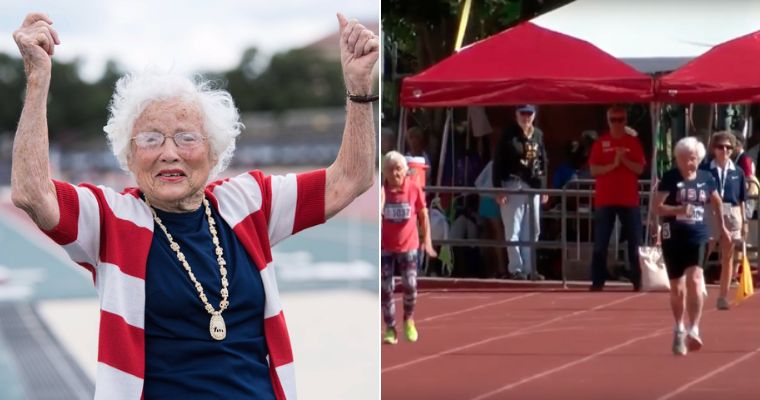Years ago I was assigned to review a painfully funny Off-Broadway comedy. As the show reached an ominous conclusion and the actors took their bows, I leapt from my aisle seat and was eager to be the first to get the blessed relief of the exit door.
In the lobby, a young man wearing a headset looked at me angrily. “You’re gonna stay,” he announced, “and clap!”

They mistook me, it seemed, for one of the people in the exhibit who had been given free admission to the show, apparently happy to stand at the end – to impress clumsy, professional critics like me. for. It was a memory that came back to me this week when I watched the proceedings in the House, a spectacle of Beckett-like surrealism, with its own odd, dramatic aspects. The ritual of politicians clapping is one of the strangest.
At the beginning of each redundant round of voting for the House Speakership, someone from the ranks of each political party delivered a nomination speech, a spectacular summation of the nominee’s sterling qualities. At times mind-numbingly flowery versions of these encomiums were delivered to the two main contenders, California Republican Kevin McCarthy and New York Democrat Hakeem Jeffries. (A disgruntled Republican faction wafted several spoilers through the candidates’ nominations.) And as each speech for the two major contestants ended, the same ritual was repeated: Supporters rose and clapped wildly.
As the weeks went by and members of the House went through the act over and over again, I began to wonder: who or what was this performance for? McCarthy and Jeffries sometimes sat through these stage-y intervals with neutral expressions—as if they’d joined the statuary of some of their forebears in the Capitol Rotunda. Were these cheers to pacify his ego? Were they a show for the cameras, as if to remind viewers that the members were cheering on their leaders? (Or, in this strange week, still excited?) Were they intended as a team-building exercise, a variation of a circle-meeting by players and coaches before the big game?
In any case, our hyperventilating system of demonstrative politics dictates that everyone stop, and clap. Because clapping as a rote mechanism is a national pastime.
The annual address of the Union is a prime example. Doesn’t anyone find it tiring to have party loyalists clapping every second? Is the success of the speech somehow tied to the number of times members drag themselves out of their seats and bend their sore knees? And if booing by others to the chief isn’t enough, what about the behavior of the country’s most avid collector, former President Donald Trump, who routinely claps for himself when he stands in front of a crowd?
This practice has analogues in places where clapping is a cherished mental reward. The calculating Broadway star Eve Harrington, in the 1950 classic film “All About Eve,” said, “If nothing else, the applause counts.” “It’s like waves of love coming on the footlights.” These days the waves are a veritable tsunami, as audiences – perhaps mimicking those senseless Congressmen – give a standing ovation to nearly every live performance in the land. (And round of applause for any actors they vaguely recognize from Netflix.)
Applause in both theater and politics is of course often richly deserved: for example, bipartisan applause for the embattled Clerk of the House, Cheryl Johnson—who calls the House to order and presides over the election of members—has Was refreshing When I followed several presidential candidates during their primary campaigns in 2020, they elicited powerful emotional responses to the occasion. At a campaign rally in Arizona by Sen. Elizabeth Warren (D-Mass.) I wrote: “Vocal modulation. Oratory cadence. The instinct for a good story: She has the ingredients for a magnetic performance. And she delivers. When Warren When you speak, you bow down.
His remarks that night drew thunderous applause, a far cry from the House clapping for the nominees. To the nation’s audience, I think, this juvenile exercise communicates something unintelligible: Which beaming retinue can fight hard for its standard-bearer? It’s as hollow an effort as trying to get people to cheer for a dull comedy.
No less a thinker than Shakespeare stressed the hollowness of such gestures. As he leaves Vienna, the good-hearted Duke of “Measure for Measure” expresses his disbelief at the roar of the crowd. He says, “I don’t like their loud applause and anger.” A sentiment I can heartily appreciate.
The best of 2022 in music, art, theatre, television and films
Source: washingtonpost.com









